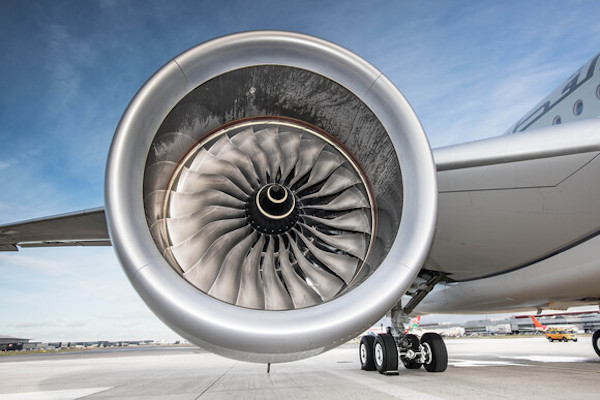In a call for more equitable taxation, environmental campaigners are pushing for a significant tax on jet fuel.
The proposal aims to generate nearly £6 billion annually for the UK economy, tapping into the aviation industry’s vast fuel usage.
By aligning aviation fuel duties with those imposed on other sectors, the plan seeks to address existing tax disparities.
The Rationale Behind the Proposal
The European group, Transport and Environment (TandE), has put forward this bold proposal to balance tax systems. They highlight that, unlike other sectors such as road transport and farming, the aviation industry remains largely untaxed for its fuel consumption. This untaxed status creates a financial gap that could otherwise support public revenues.
By implementing a duty on kerosene, TandE argues the government could have accrued an extra £5.9 billion last year alone. This calculation utilises current road fuel duty rates, underscoring the potential to harness substantial funds for national economic goals.
Economic Implications and Strategies
TandE suggests that introducing this tax could yield between £400,000 and £5.9 billion annually, depending on flight routes and tax rates. Such funds could significantly plug economic deficits.
Matt Finch, TandE’s UK policy manager, emphasised the need for immediate action in the upcoming autumn budget. The proposal suggests a gradual increase in fuel duty rates to match road taxes by 2030, aiming to eliminate the disparity in taxation.
Environmental Considerations
Beyond financial gains, the tax is deemed crucial for environmental reasons. TandE insists that aviation’s current immunity from fuel taxes is an oversight that hinders efforts to curb pollution and reduce carbon footprints.
By taxing jet fuel similarly to road fuel, the aviation sector could contribute more equitably to environmental initiatives. This alignment of taxation policies is seen as a step towards sustainable industry operations.
Such measures are positioned as essential for the UK’s commitment to reducing emissions and promoting greener practices across industries.
Industry Concerns and Responses
Airlines UK, represented by Tim Alderslade, responded to the proposed tax, highlighting the sector’s existing financial contributions. Airlines already paid £3.85 billion via the Air Passenger Duty last year, alongside projected revenues from the Emissions Trading Scheme adjustments.
Alderslade stresses the aviation industry’s dedication to achieving net zero emissions by 2050, a target aligned with global sustainability goals. However, he warns against measures that might undermine the sector’s economic role and passenger interests.
Potential Outcomes and Challenges
The proposed tax presents several outcomes, including increased ticket prices as airlines pass on these costs to consumers. However, proponents argue that the environmental benefits and fairer tax system justify these changes.
The necessity for a phased implementation of taxes is acknowledged to allow the industry to adapt without severe disruptions. This transition period would mitigate potential economic impacts on both airlines and passengers, facilitating smoother adjustments.
Ultimately, the broader objective is to foster a more sustainable aviation industry while addressing fiscal gaps in government finances. Such reforms are seen as balancing economic, environmental, and social needs.
Public and Political Reactions
The public’s reception of the proposed tax is mixed, with environmental advocates applauding TandE’s recommendations as timely and necessary.
Conversely, there are apprehensions about possible increases in travel costs and their effects on consumer behaviour. Policymakers face the task of crafting a balanced approach that satisfies both economic and environmental stakeholders.
The upcoming budget discussions are expected to be pivotal, as government officials weigh the benefits of tax reforms against industry concerns.
Conclusion
The campaign for a jet fuel tax seeks to address fiscal, environmental, and social issues within the aviation industry.
As discussions unfold, the government faces the challenge of implementing policy changes that align with broader economic and sustainability goals.
This proposed fuel tax marks a turning point in how aviation is taxed and its role in economic and environmental policy.
The outcome of these discussions could set a precedent for future industry regulation, underscoring the importance of balanced, fair policies.

